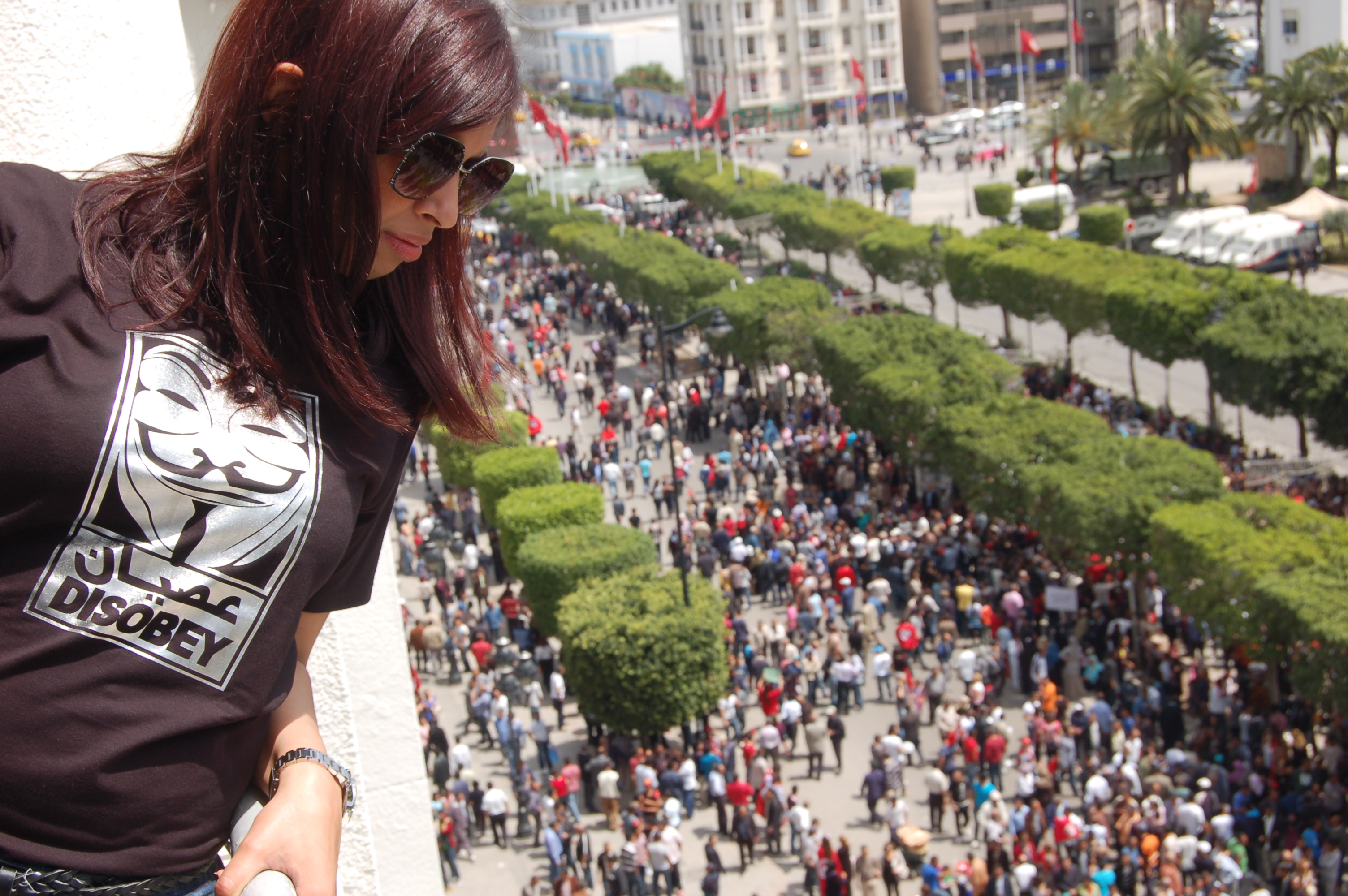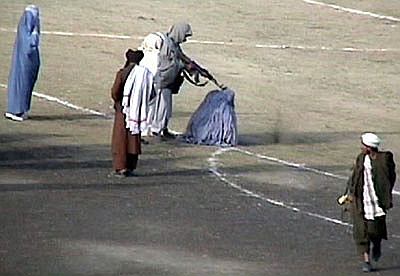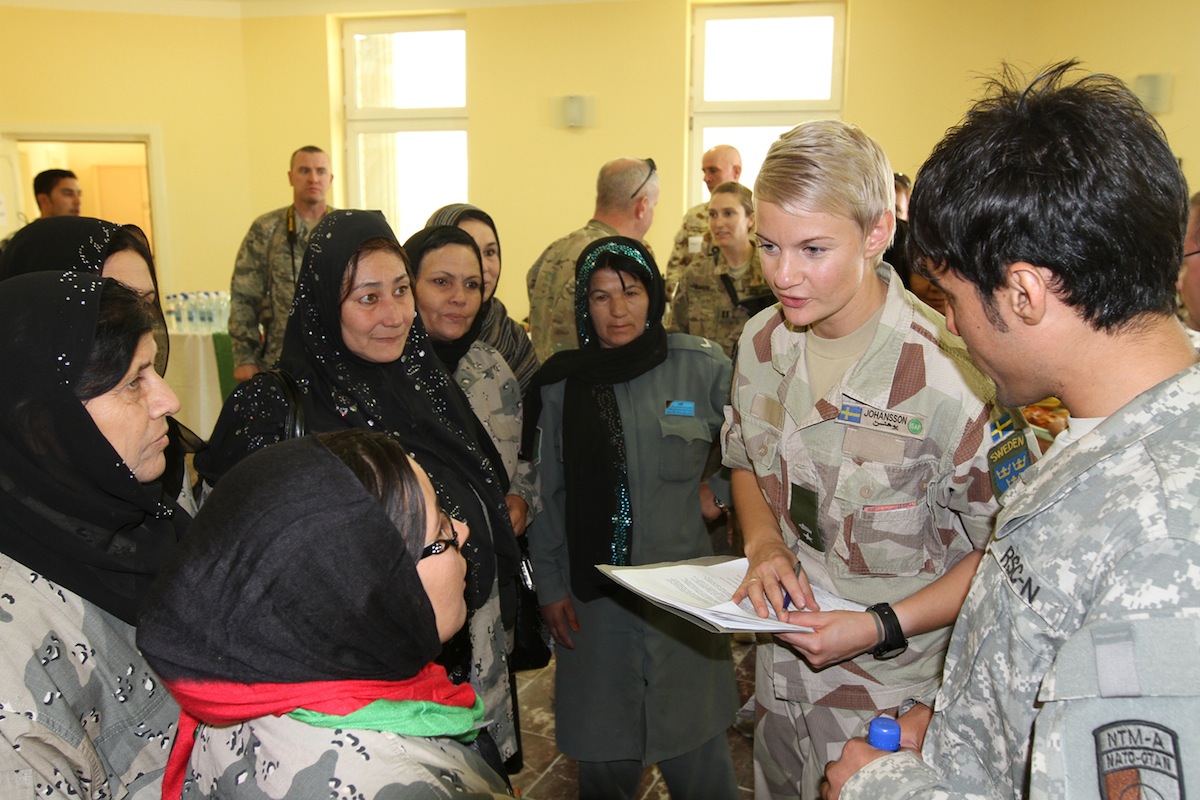The ‘Arab Spring’ was meant to bring democracy and reforms to the MENA region (Middle East and North Africa). In practice, the so called ‘Arab Spring’ could not reach its desired ends. The exception however, Tunisia was able to achieve victories from the popular revolution sparked by Mohammed Bouazizi who set himself on fire in January 2011 after the police confiscated his vegetable cart and humiliated him (physically and verbally).
Tunisia, the birthplace of the ‘Arab Spring’ inspired regional neighbours to demand reforms. Last summer, following the pace of Tunisia, Jordan and Lebanon also repealed laws that pardon the rapist if they marry their victim(s). Tunisia has been the leader in women’s rights in the MENA region since 1959 when modifications applied to the Code of Personal Status granted equality for women and men on multiple accounts, and added to that the Article 21 in the 2014 constitution stating that women and men are equal in rights and duties within the society without any discrimination.
Even though Tunisia has enjoyed the most progressive laws on women’s right in the MENA, the society is still ruled by patriarchal values. Five years after the revolution, Amnesty International condemned the government’s approach to rape, claiming that the government is granting a way out for perpetrators of rape and sexual based violence, while the society makes it hard for women to speak up about any sexual abuse by fear of being shamed or held responsible. Moreover, gay men and lesbians who report such mistreatments are more likely to experience persecution from the government than their aggressors. That shows many opportunities for the Tunisian government to enhance human rights in general and women’s rights in specific. According to the Tunisian Association of Democratic Women, 70% of Tunisian women are victims of sexual and gender based violence.
That being said, we are seeing recent positive developments on this subject. In July 2017, a new law against domestic violence and violence against women was approved. The law includes essential steps to be taken in order to prevent rape and violence, protect survivors who speak out, prosecute perpetrators, prevent child labor and wage discrimination. This law defines violence against women in respect of the United Nations Handbook for Legislation on Violence against Women. The law includes preventive methods in collaboration with the Health Ministry to develop training programs for medical staff on how to assess, identify, and prevent violence to help deal with such cases.
To further fight the entrenched discrimination against women, Tunisia lifted a decades-old ban on women that prevented them from registering their marriage to non-Muslim men (no such restrictions are applied to Muslim men). Last September, President Beji Caid Essebsi called for his government to lift the ban put in force back in 1973, for it contradicts the principles and freedoms described in the Tunisian constitution of 2014. The president also called for equal inheritance and many other reforms.
As persuasive as the president’s motion is, it confronts the Sharia law itself. The issue does not stop here, the inheritance issue is exceptionally controversial for the traditional religious leaders answer to such modern and progressive ideas by pointing to texts from the Quran where it indicates that the daughters can obtain only half of the inheritance received by the sons. The strongest disagreements to the Tunisian reforms came not from Tunisia but from Egypt. Calls for equality by the Tunisian president, provoked an outcry from Al-Azhar (center of Islamic and Arabic learning in the world, situated in Qairo, Egypt) clerics, who found the concept to be blasphemous and counter to Islamic traditions and principles. In the recent months after Essebsi’s calls for reforms, reports surfaced on cases of inheritance under the Sharia law in which women inherit more than men. Anti-reformists rely on such cases to defend their standpoint. Some anti-reformists went as far as calling for violence against the Tunisian president although Essebsi promised to slowly apply the reforms not to shock the conservative communities in the Tunisian society but promised that the country is moving towards equality on all levels and in all fields nevertheless.
Photo: Tunisian woman overlooking ongoing protests in Tunisia. Via Wikipedia. Public domain.
Disclaimer: Any views or opinions expressed in articles are solely those of the authors’ and do not necessarily represent the views of the NATO Association of Canada.




